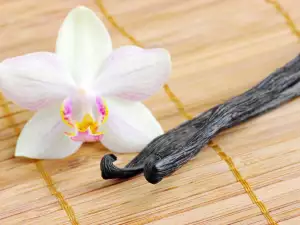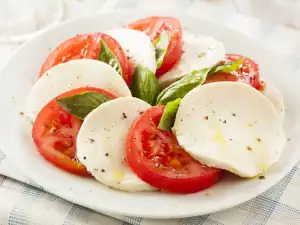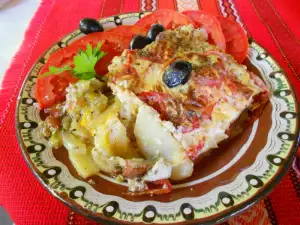Every culture has its own characteristic foods. Besides exquisitely delicious, the can also be very healthy. Take a look at several such dishes from around the world.
Spain

When it comes to eating in the evening, the Spanish avoid taking in large amounts of food. Instead they enjoy several smaller dishes, known as tapas. They can be likened to appetizers that are widely loved in other parts of the world. A Spanish dinner often consists of several pieces of each dish. This way, both hunger and the desire for scrumptious food are satisfied, while at the same time not forcing people to go to bed with an overstuffed belly.
Italy
Italians are fans of salads and sauteed vegetables, with sea salt an absolute must in them. It differs from table salt with its completely natural appearance and also because it contains many more beneficial substances, needed by our body. Otherwise, both types of salt contain sodium, even though a smaller amount of sea salt performs the same function as a larger quantity of refined salt.

The near East and India
Should you desire to limit your amount of sodium intake, you can turn to the flavorful dishes of the near East and India. The people of these regions consume foods such as couscous, rice, lamb and chicken. They are generously seasoned with flavorful spices (caraway, cumin, cinnamon), making the use of salt practically unnecessary.

Japan
The time has come for us to talk a little about traditional Japanese cuisine. A large part of Japanese dishes are made in specialized bamboo baskets, intended for steam cooking. This is not only a quick but also an easy method of cooking food products, all the while making the nutrients easier for absorption. Plus, vegetables that are prepared this way maintain an attractive outer appearance. What could be better?
Africa
Whole-wheat foods are characteristic for African peoples. A stew, served on top of rice, and salad of wheat grains, chopped tomatoes, cucumbers, parsley, lemon juice and olive oil can often be seen on the African kitchen table. These foods are valued because they are dietetic but also because they satiate hunger for longer.




















Comments